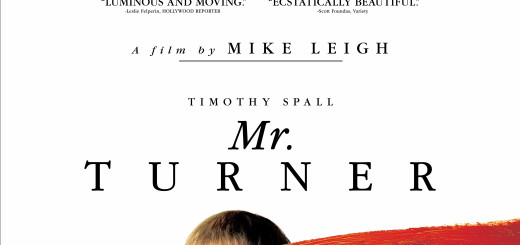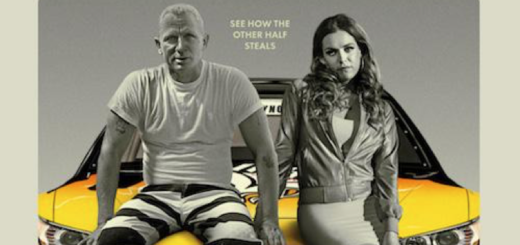A MONSTER CALLS Review
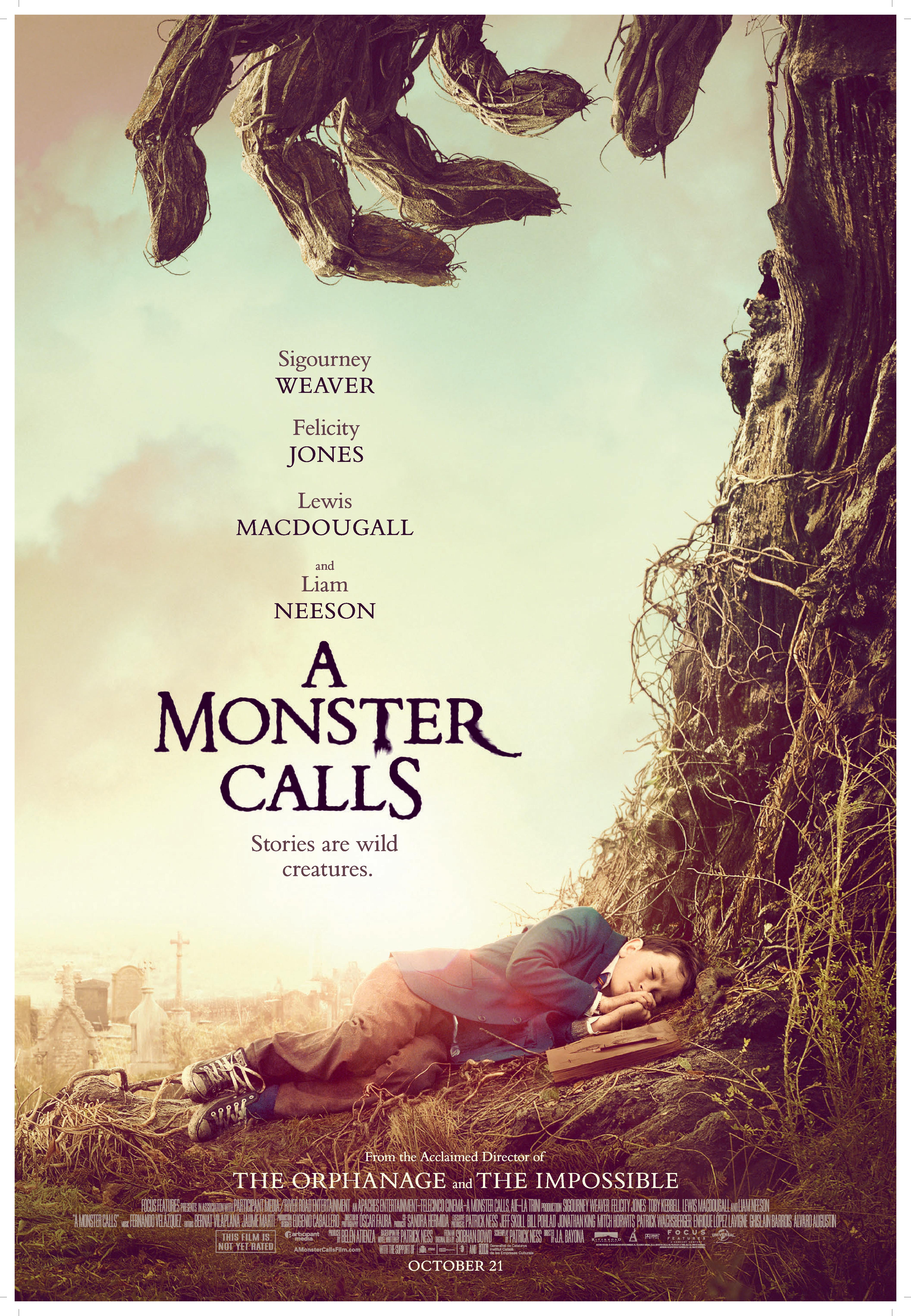
Director: Juan Antonio Bayona
Genre: Fantasy, Drama
Year: 2016
Mr. Rogers was right to be concerned with children’s media. Films about and for kids have an obligation deeper than the already intense challenge in genuinely entertaining and engaging with them. There’s a responsibility to teach them something, even if it’s something minor. This can range from something about morality or friendships to the lengths of existential wonder and curiosity. I’m not expecting the next DESPICABLE ME film to stare into the void, but dealing with things like loss and intense emotions are things that kids will have to learn about eventually, and film being the magical medium it is, it should often step up and dare to hold kids’ hands while exploring such themes. It’s a PG-13 release, but films like A MONSTER CALLS are important, as they combine high concept cinematic spectacle with emotional introspection. J.A Bayona’s monster film treads water where Pixar’s INSIDE OUT had previously succeeded, but with a dark, unavoidable natural occurrence as a catalyst. While not perfect, it’s ambitious and respectable.
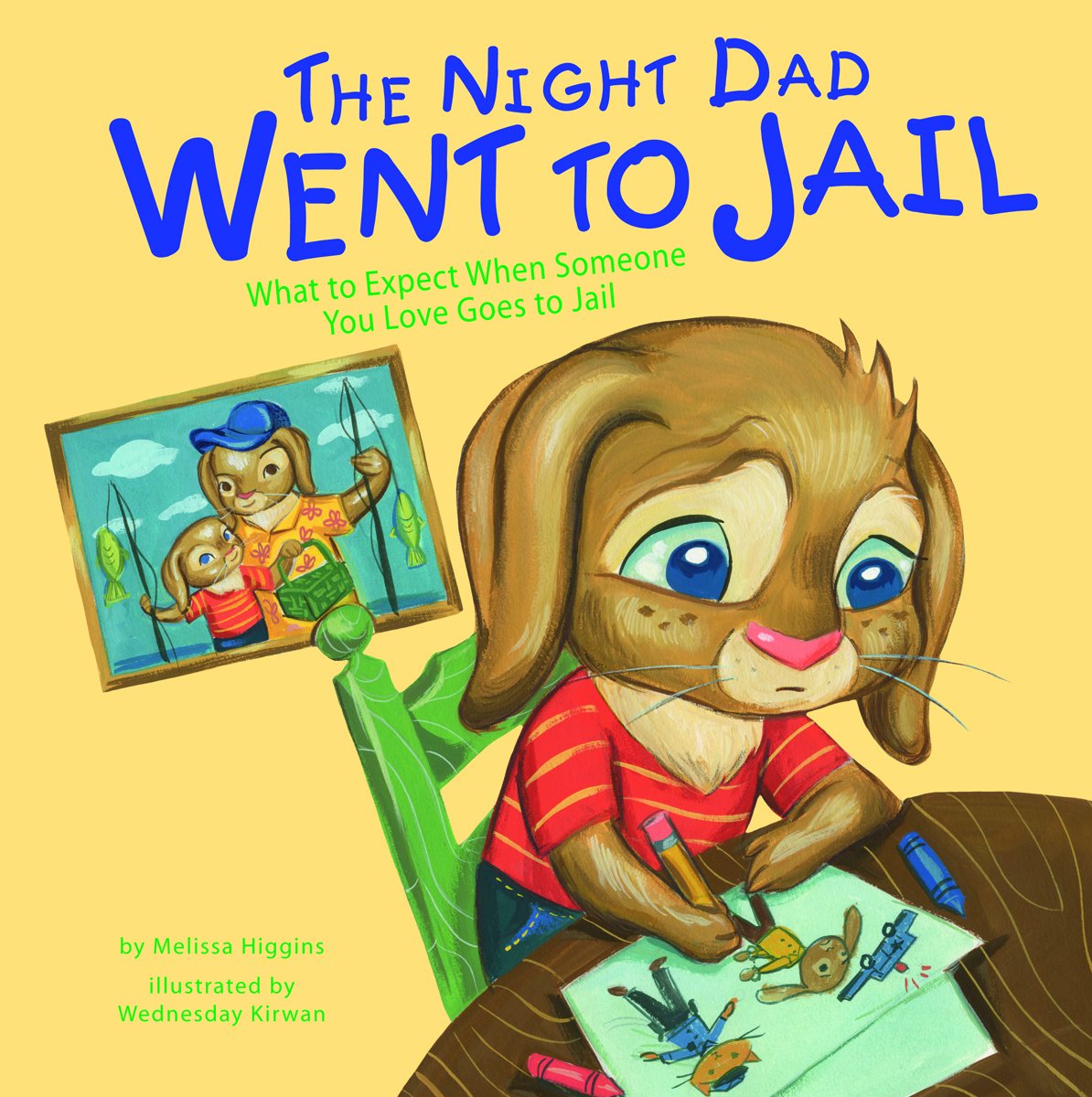
I can see Todd Solondz adapting this quite nicely, to be honest
Tackling death, specifically cancer, and its effects on a sufferer’s family is already a tricky challenge, and a deeply personal journey to boot. A MONSTER CALLS observes young Conor O’Malley (Lewis MacDougall), filled with angst amidst his mother’s (Felicity Jones) worsening illness. Conor currently copes with his anxiety through art, being an aggressive doodler eager to escape into his own work. He’s bullied for his subsequent outsider existence, worsening his already difficult time. Now grandma (played by a startlingly British Sigourney Weaver) is coming into the picture, threatening to take Conor away from his home, just like life threatens to take his mother away. With a catastrophic inevitability rounding the corner, Conor looks for comfort in his estranged father (the always awesome Toby Kebbell), and something much more ethereal. Plagued by a recurring nightmare, Conor is visited by a nearby old tree come to staggering life in the form of a gargantuan, jagged tree-man with glowing eyes (Liam Neeson). The journey Conor shares with this fellow is visceral, certainly, but ends up involving a lot more talk than anticipated, which is fine!
The Monster, played with storybook aplomb by Neeson (who seems to be tired of being the sad guy in these films), tells Conor upfront that he will tell three stories, then Conor will tell him a fourth: the truth about the nightmare that haunts him. These sequences are jumped between like a sleepwalking narrative, each subsequent engagement with The Monster driving Conor to do increasingly wild things, like destroying his grandmother’s furniture. Conor’s fear of his own emotions is perhaps the strongest aspect of the film, portraying a child truly horrified by something he cannot understand, especially when he isn’t punished by any adults, deliberately so. This is an internal journey, but such narratives involve intermingling with the outside world and all it does not comprehend. Here, it’s like the world understands and lets the supernatural third party do all the work, which is intriguing cinematically, but isn’t as psychologically consistent as something like Spike Jonze’s WHERE THE WILD THINGS ARE. The source of this dream logic is unknown, creating a mystery that confuses and bogs down the themes with story inconsistencies. The inherent premise is an exciting one, ripe for metaphorical poetry, but it seems as though Bayona and screenwriter Patrick Ness lose track of their ideological core for the sake of visual wonder.
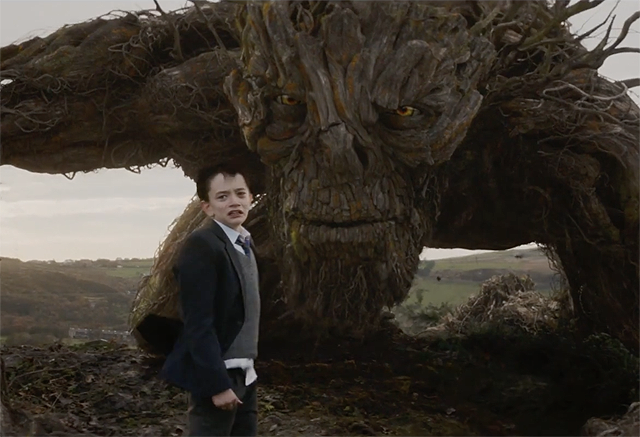
WHO NEEDS PHOTOS WITH SANTA WHEN YOU HAVE THIS?
At the very least, Bayona gets the cinematic portion right. This is a trippy-looking movie, with a glowing palette and exciting usage of CG. The Monster itself is a marvelous creation to watch, but is even more delightful to hear. The sound design for this thing is detailed and exciting, crackling like a Transformer made of wood. Even more endearing are The Monster’s storytelling sequences, during which the film takes on a 2D/3D blended animation look, portraying lanky silhouettes reminiscent of Stephen Gammell’s art for the “Scary Stories to Tell in the Dark” books, exploding into and around splotches of color. The transitions of these scenes-within-scenes are masterfully natural, calling to mind a real love and appreciation for the worlds of cinema and animation on a metaphysical level, confirmed by the appearance of a humble zoetrope early on, and loving exploration of personal notebooks throughout. This film’s relationship with art is appreciated, and successfully danced around with. If IMAX is an option, this film certainly is a candidate for seeing on as huge a scale as possible.
One truly glaring issue with this film comes in a performance, specifically from Sigourney Weaver. She is a legendary, fantastic actor, and even pulls off some great things in this film. But the decision to cast someone so brazenly American, whether or not you’re aware of her outside of this film, is dumbfounding. While some Americans have proven to pull off some impeccable British accents, Weaver stands out like a sore thumb. Again, she can do emotion quite well, but her accent is a fairly distracting feature throughout a film that demands direct engagement. I’d say this isn’t her fault, in that she shouldn’t have been cast in the first place when you’ve got cast fully rooted in the United Kingdom. Plus, there is a plethora of older female British actors who would’ve killed the part just as well as Ms. Weaver sort of does, if not even more so. It’s fascinating how a simple decision like this could have major implications on the performance of the whole film, and yet this ends up being a harsh example of miscasting throwing a project off-kilter throughout.
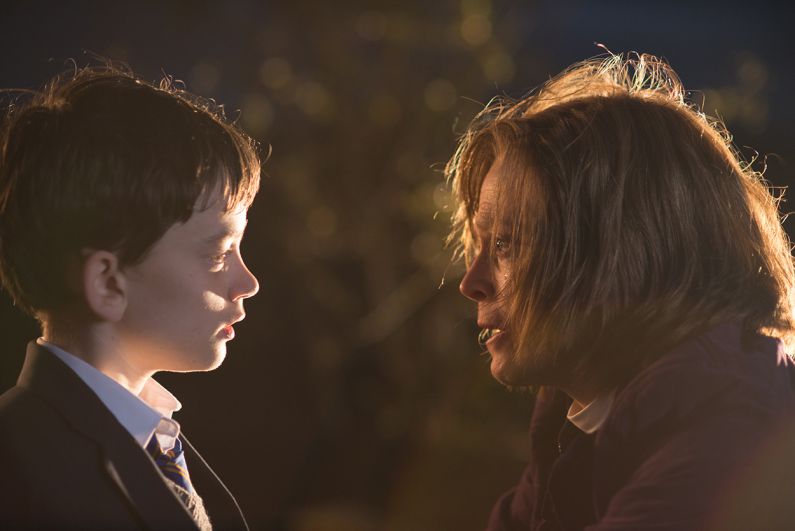
“ELLOOO, GUVNA”
As far as actually confronting these aforementioned trivialities of life and the experience of losing life, A MONSTER CALLS is hit and miss. The stories The Monster tells often carry a subversive message in terms of good and evil within people, and expectations of those that we love. Important lessons are to be learned here, but the film kind of treats its audience like a child, and not always in the most respectful way. Even children need to be given a little credit in being able to figure things out on their own, or in discussions after the fact. A MONSTER CALLS can often be frank without the necessary nuance. It’s not a fully broken film in this respect as much as it is left wanting for a potentially incredible result. Metaphysical narratives such as this have an opportunity to go for the heart-wrenching jugular. Bayona and Ness’s film might’ve jumped the gun with its instinctively clever premise instead of fully following through on paper. The psychology is as blatant as a notecard with definitions on the back for studying, yet that it dares at all to look at complicated bits of humanity is admirable.
Performances by Toby Kebbell and a physically taxed Felicity Jones portray people stuck in positions that children would have trouble understanding, and they hold the weight of a life lived under burden with expertise. Likewise, Lewis MacDougal vibrantly gets in touch with intense emotions in a gradual and appropriately loud fashion. Bayona maybe lays it on a little thick with his scope, but throughout, MacDougal’s sincerity bleeds through, and beats as the heart of the film from the beginning. By the end of the film, with all of its action and emotional skittishness, Bayona still manages to stick an emotional landing. Even if the schtick throughout doesn’t grab your attention, the film’s closing moments dig themselves into the truths that eluded the story thus far. It’s real and genuine, and expresses what A MONSTER CALLS is capable of at its peak: truthful fantasy with a direct line to the soul.
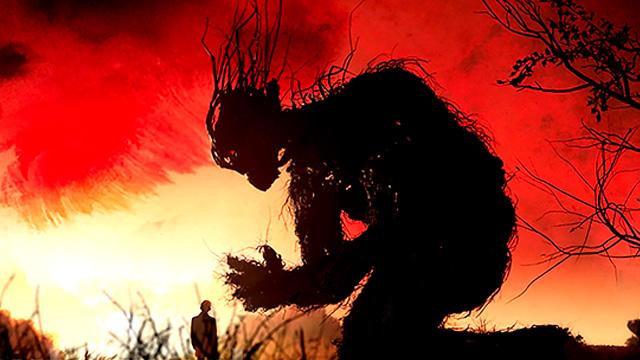
“Yeah, these brownies are pretty good, I guess.”
While this isn’t necessarily a film directly for kids, I feel like its merit is stronger as a wonderfully visual guide to dealing with heavy emotions. It’s essentially a melodrama, but Bayona takes a borderline WWE approach with using adventurous bouts of violence and grand scale parallel to heartfelt human pains. It’s audacious, but manages to get what it’s trying to say out enough to warrant a viewing. It’s like a primer for a young adult breaking into film. When I was still getting into cinema, films with unique style that covered whatever the heck was going on in my head and heart at the time really stood out to me. This film isn’t the best of its kind, but it’s accessible and entertaining. It also holds up for potential young artists out there, showing them the therapy that comes in getting to create, no matter what. Carrie Fisher wisely once said, “take your broken heart, make it into art.” A MONSTER CALLS mostly gets to visualize this notion, and boy is it quite the sight.
Verdict: Recommend

